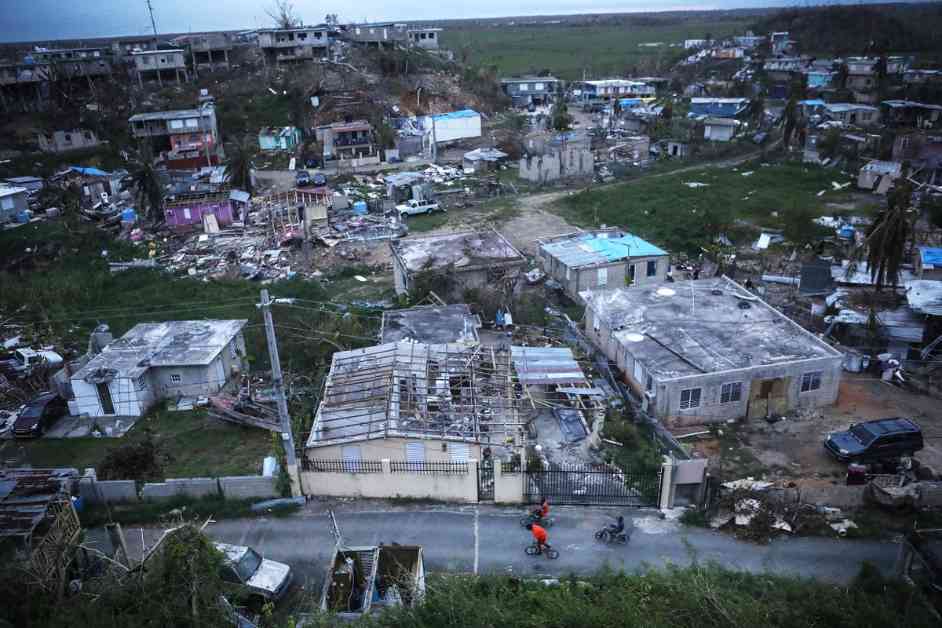Puerto Rico has decided to take legal action against oil and gas companies, seeking over $1 billion in compensation for the damages caused by climate change. The lawsuit, filed in the Court of First Instance of San Juan, accuses companies like Exxon Mobil, BP, and Chevron of promoting their products without warning consumers about the environmental risks associated with burning fossil fuels.
According to Justice Secretary Domingo Emanuelli Hernández, these companies have known for decades about the negative impacts of greenhouse gas pollution on the climate and sea levels. Despite this knowledge, they failed to inform Puerto Rican consumers about the consequences of using fossil fuels on the environment. As a result, Puerto Rico has incurred significant costs to clean up climate-related disasters, such as coastal erosion and severe storms.
The lawsuit demands that oil companies contribute to a fund to mitigate environmental damages and strengthen infrastructure against the impacts of climate change. However, Phil Goldberg, special counsel to the Manufacturers’ Accountability Project, believes that lawsuits like this do not offer real solutions to the challenges posed by climate change. He argues that the focus should be on developing sustainable energy technologies and policies rather than pursuing legal action.
This lawsuit is part of a growing trend, with more than two dozen cities, counties, and states taking similar legal action against the oil industry. While some cases have been successful, others have faced challenges in court. Recently, a Maryland judge rejected Baltimore’s climate liability challenge against BP and other oil producers. The industry has criticized these lawsuits as a waste of time and has tried to have them moved to federal court.
Despite the industry’s opposition, Puerto Rico’s lawsuit marks the latest effort to hold oil companies accountable for their role in exacerbating climate change. The outcome of this case could have significant implications for the energy sector and efforts to address the impacts of global warming. Exxon, in response to previous lawsuits, has emphasized its commitment to reducing greenhouse gas emissions while meeting the world’s energy needs.
Overall, the legal battle between Puerto Rico and oil companies underscores the complex issues surrounding climate change and the responsibilities of energy producers. As the case unfolds, it will be interesting to see how the courts address these challenging questions and what implications the outcome will have for future climate-related lawsuits.






